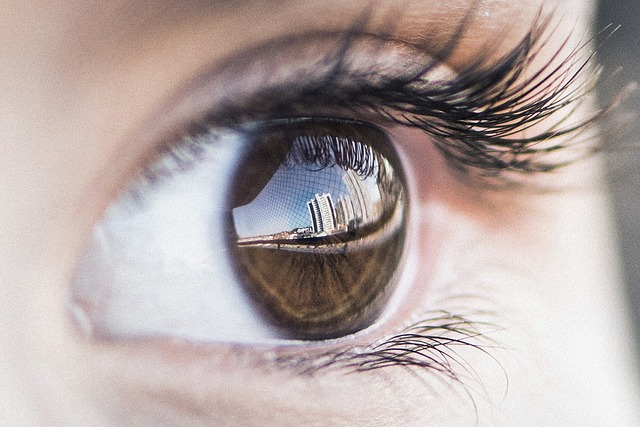Understanding Eye Appointments: Importance, Preparation, and What to Expect
Eye appointments are crucial for maintaining good vision and eye health. This article explores the significance of regular eye check-ups, what to expect during these visits, and how to prepare beforehand, ensuring the best outcomes for your eye care.
The Importance of Regular Eye Appointments
Eye health is often an overlooked aspect of overall well-being. Regular eye appointments are essential for maintaining not only vision but also overall health. These visits help to detect potential problems early, allowing for timely treatment. Conditions like glaucoma, macular degeneration, and diabetic retinopathy can be diagnosed and managed if caught early. Furthermore, a comprehensive eye exam can reveal signs of systemic conditions such as hypertension and diabetes, which may otherwise go unnoticed. By prioritizing eye health through regular appointments, individuals can ensure long-term visual clarity and overall health.
How Often Should You Schedule Eye Appointments?
The frequency of eye appointments varies based on age, health history, and risk factors for specific eye conditions. For children, initial exams are crucial before starting school, followed by evaluations every one to two years. Adults aged 18 to 60 should have an eye exam every two years, while those over 60 or with specific risk factors may need annual visits. Individuals with existing eye conditions or those who wear glasses or contact lenses are advised to follow their eye care professional's recommendations, which may involve more frequent visits to monitor eye health closely.
Preparations Before Your Eye Appointment
Preparing for an eye appointment can help ensure a smooth and efficient visit. Patients should gather any previous prescriptions or medical records related to eye health. It can be beneficial to make a list of symptoms or concerns related to vision, as well as medications currently being taken. If new glasses or contact lenses are needed, patients should bring in any current eyewear. Additionally, planning for transportation is wise, especially if dilation drops will be used that may temporarily blur vision.
What to Expect During Your Eye Appointment
During an eye appointment, various tests will be conducted to assess vision and eye health. The exam typically begins with a review of medical history, followed by a visual acuity test, which measures how well you see at different distances. Additional tests may include a refraction test to determine glasses prescriptions, an eye pressure test to screen for glaucoma, and a dilated eye exam to inspect the retina and optic nerve. Patients may also be asked to perform tasks that check coordination and muscle control of the eyes. Each of these tests plays a vital role in assessing overall eye health.
Post-Appointment Care and Follow-Up
After the appointment, the eye care professional will provide recommendations based on the findings. If glasses or contact lenses are required, a prescription will be furnished. Patients may need to schedule follow-up visits if any concerns arose during the exam. Transitioning to new eyewear may require an adjustment period, so it is crucial to give feedback to the provider regarding comfort and vision. Additionally, any specific treatments prescribed, whether for eye conditions or dry eye syndrome, should be closely monitored to determine effectiveness and make any necessary adjustments. Routine follow-ups are essential for maintaining good eye health.
Conclusion: The Value of Eye Appointments
Eye appointments are not merely a luxury but a necessity for maintaining health and wellness. Regular visits allow for early detection of issues, appropriate management of existing conditions, and updates to necessary prescriptions. By becoming proactive about eye health, individuals can enjoy better vision and reduce the risk of severe eye diseases in the future. Scheduling and attending regular eye appointments should be a vital part of everyone’s health regimen.
